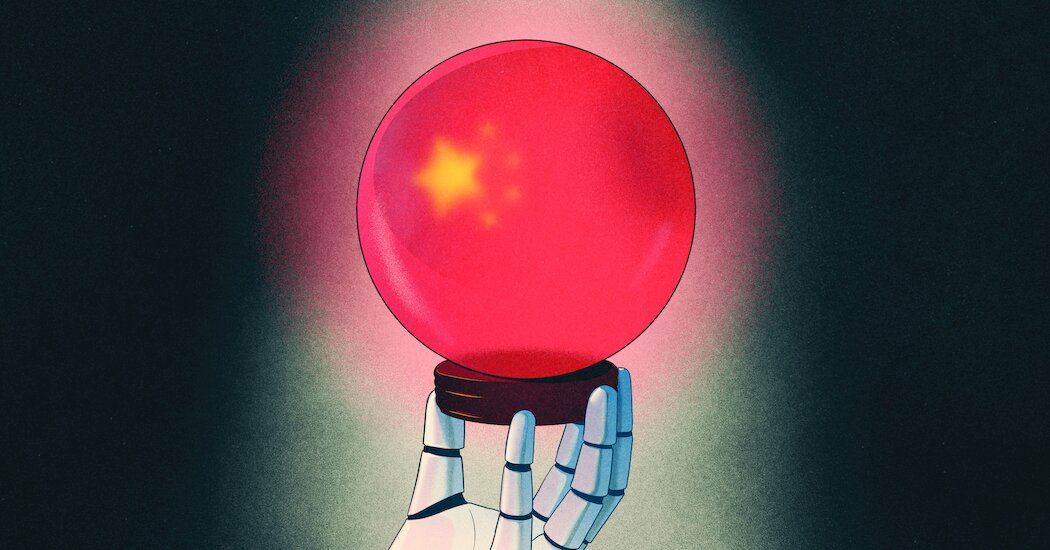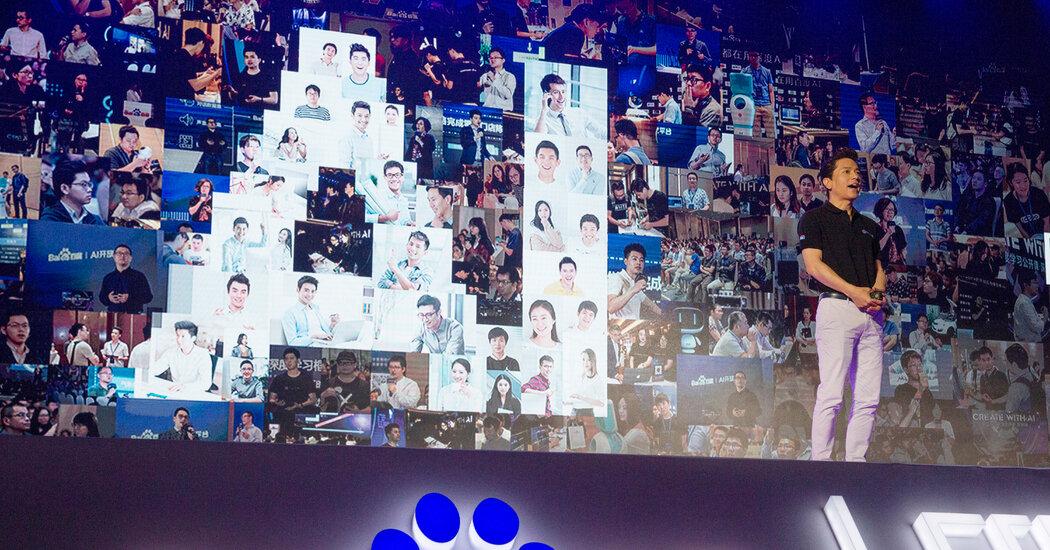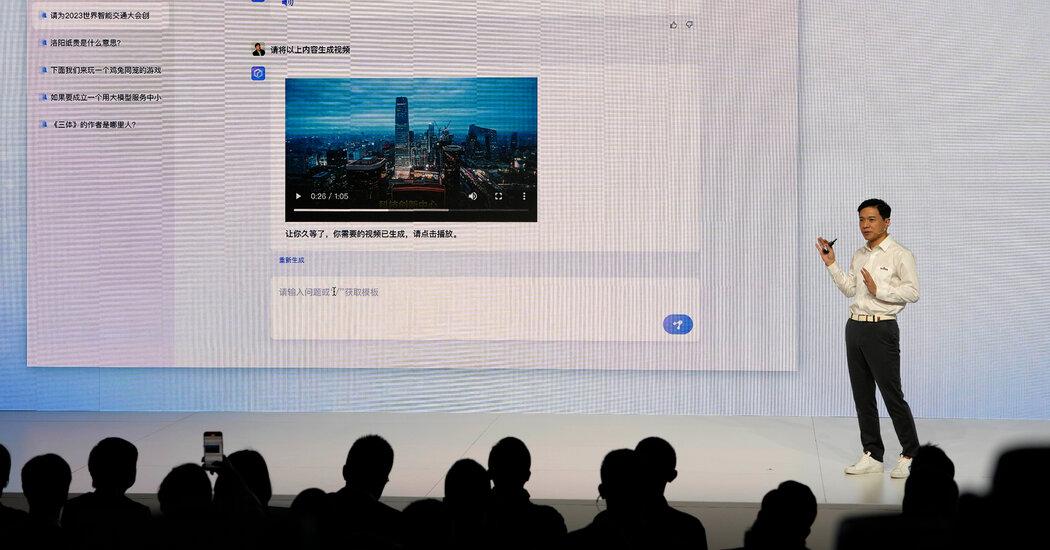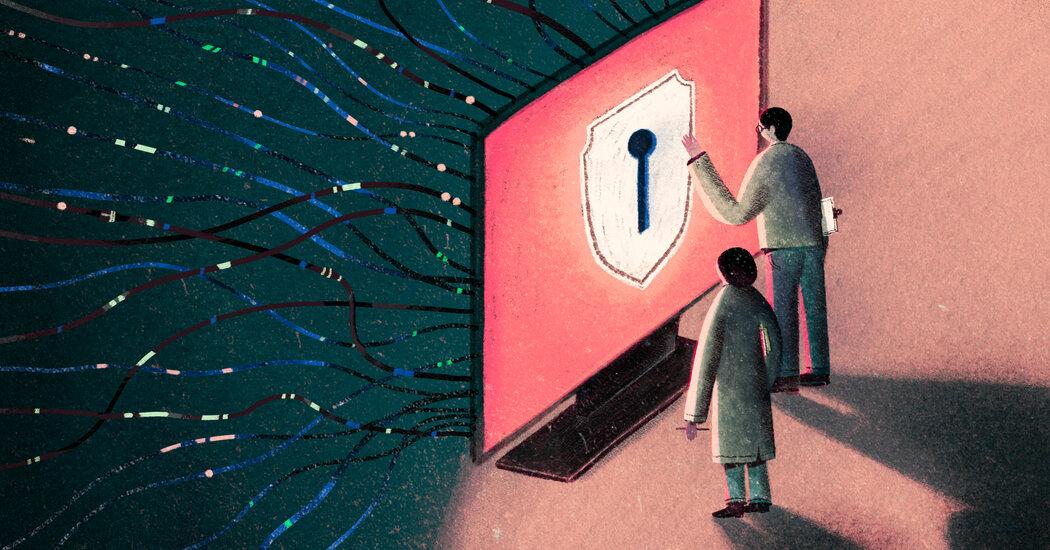In November, a year after ChatGPT’s release, a relatively unknown Chinese start-up leaped to the top of a leaderboard that judged the abilities of open-source artificial intelligence systems. The Chinese firm, 01.AI, was only eight months old but had deep-pocketed backers and a $1 billion valuation and was founded by a well-known investor and technologist, Kai-Fu Lee. In interviews, Mr. Lee presented his A.I. system as an alternative to options like Meta’s generative A.I. model, called LLaMA. There was just one twist: Some of the technology in 01.AI’s system came…
Tag: OpenAI Labs
Hackers for China, Russia and Others Used OpenAI Systems, Report Says
Hackers working for nation-states have used OpenAI’s systems in the creation of their cyberattacks, according to research released Wednesday by OpenAI and Microsoft. The companies believe their research, published on their websites, documents for the first time how hackers with ties to foreign governments are using generative artificial intelligence in their attacks. But instead of using A.I. to generate exotic attacks, as some in the tech industry feared, the hackers have used it in mundane ways, like drafting emails, translating documents and debugging computer code, the companies said. “They’re just…
The Sunday Read: ‘The Silicon Blockade’
Listen and follow The DailyApple Podcasts | Spotify | Stitcher Last October, the United States Bureau of Industry and Security issued a document that, underneath its 139 pages of dense bureaucratic jargon and minute technical detail, amounted to a declaration of economic war on China. The magnitude of the act was made all the more remarkable by the relative obscurity of its source. In recent years, semiconductor chips have become central to the bureau’s work. Despite the immense intricacy of their design, semiconductors are, in a sense, quite simple: tiny…
What Happens When You Ask a Chinese Chatbot About Taiwan?
“How does the United States affect the situation in Taiwan?” Ernie ducked the question about China’s “zero Covid” restrictions, offering a lengthy description of the policy instead. When asked to recount the events of June 4, 1989, the chatbot rebooted itself. A message popped up on the reloaded interface: How about we try a different topic? The Chinese chatbot said Russia’s president, Vladimir V. Putin, did not invade Ukraine, but “conducted a military conflict.” The strange phrasing was broadly in line with China’s official stance, which has refused to condemn…
Listen to The Headlines, a Short Show on the Day’s Biggest News
By New York Times Audio The New York Times Audio app includes podcasts, narrated articles from the newsroom and other publishers, as well as exclusive new shows — including this one — which we’re making available to readers for a limited time. Download the audio app here. The Headlines brings you the biggest stories of the day from the Times reporters who are covering them, all in about 10 minutes. Hosted by Annie Correal, the new morning show features three top stories from reporters across the newsroom and around the…
China Says Chatbots Must Toe the Party Line
Five months after ChatGPT set off an investment frenzy over artificial intelligence, Beijing is moving to rein in China’s chatbots, a show of the government’s resolve to keep tight regulatory control over technology that could define an era. The Cyberspace Administration of China unveiled draft rules this month for so-called generative artificial intelligence — the software systems, like the one behind ChatGPT, that can formulate text and pictures in response to a user’s questions and prompts. According to the regulations, companies must heed the Chinese Communist Party’s strict censorship rules,…
China’s Answer to ChatGPT Gets an Artificial Debut and Disappoints
Almost six years ago, a Google computer program toppled the best player in China — and the world — at Go, an ancient Chinese board game. The defeat catalyzed China’s revolution in artificial intelligence. Beijing unrolled a monumental A.I. plan, and investors poured record sums into new projects. Now, a similar moment has arrived: The rise of ChatGPT has kicked off another A.I. arms race, this time in the realm of machine-generated content. On Thursday, China’s first major rival to ChatGPT was unveiled in Beijing by the search giant Baidu.…
Why Chatbots like ChatGPT Weren’t Invented in China
Along the way, Beijing tamed the industry’s ambition and blunted its innovative edge. But tech companies and investors also have themselves to blame for falling behind their Silicon Valley counterparts. Even before the government started to impose a stronger hand on them, Chinese tech leaders were laser-focused on making money and reluctant to spend on research projects that weren’t likely to yield revenue in the short term. After the government’s onslaught in the past few years, executives are even less inclined to invest in long-term ventures. In 2021, the United…






